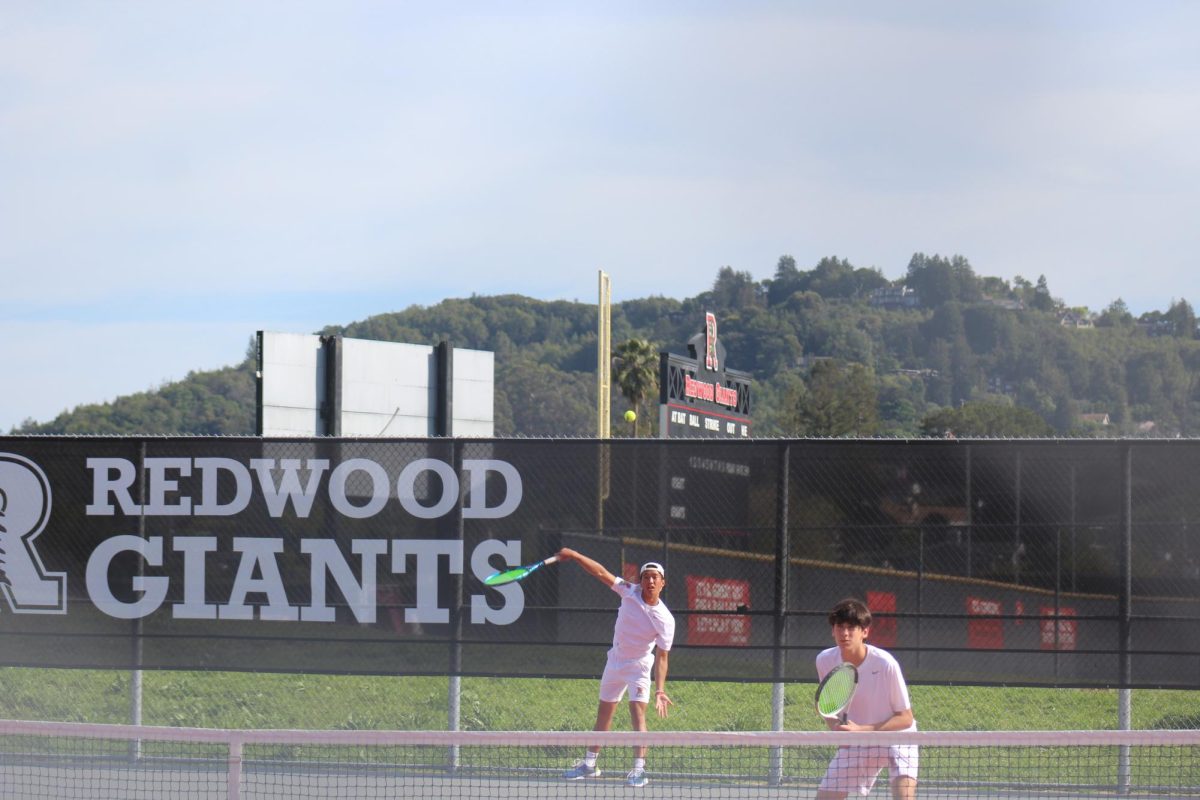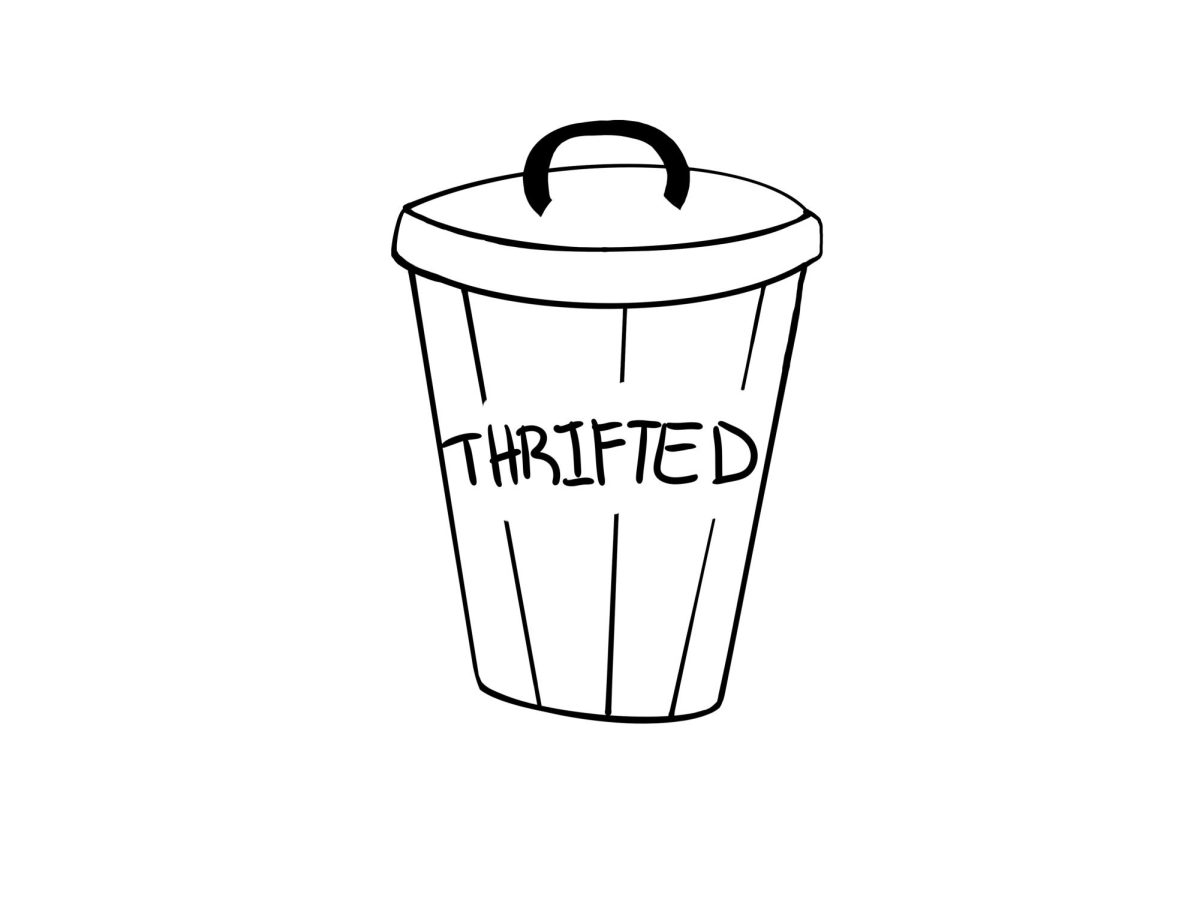I recently went to a restaurant with my family and it was bustling with life. I spotted people enjoying their meals and socializing with friends and family. It was a Thursday night, just like any other, as the hostess directed us to our table. In a typical fashion, her first question was, “Can I get you guys started off with something? Maybe some drinks?” She took down our orders and walked over to the bar, returning a few minutes later with our drinks and four straws. Each grabbing a straw, we all put one into our drinks and took a big sip. We did not think twice about our use of the straws and the ramifications of taking a refreshing sip through the plastic tube—after all, it’s the natural thing to do.
I left the restaurant, went home and never thought about that straw again. It most likely went into the trash, and, since it is a lightweight plastic, didn’t make it through the mechanical recycling sorter and instead traveled through storm drains, ultimately ending up in the ocean.
According to the National Park service, Americans use 500 million drinking straws every day. Currently in Marin, restaurants, coffee shops and bars still carry single-use plastic straws. The solution to our overuse of single-use plastics lies not in the hands of lawmakers, but in citizens of Marin as consumers.

There is potential for spurring consumers to action, as was demonstrated when the consequences of plastic-straw use were graphically displayed in an online video: in 2015, a video showing a team of marine biologists in Costa Rica finding a straw lodged up a turtle’s nose went viral. Garnering 32 million views, the video sparked a debate over banning single-use plastic straws. Despite the harmful environmental consequences of straw use, even a supposedly environmentally-conscious area like Marin has yet to take action.
Single-use plastic straws are frequently used in Marin and have yet to be banned, this could be because people do not understand how long the plastic takes to fully decompose and what effects they have. The processes of plastic entering the ocean or landfill is long, but once the plastic is disposed of it takes approximately 500 years to decompose.
People need to understand and be educated on how despite its size, a little piece of plastic can add to the increasingly large amount of waste we have floating in our ocean. Consumers should realize the effects that single-use plastic has on the environment considering it is a plastic used only once in a person’s lifetime and how it stays on this earth forever.
Once plastic is in the ocean, it breaks down into microplastic: dangerous tiny pieces of plastic that are mistaken for food by sea animals, especially turtles. According to National Geographic, it is estimated that more than half of the sea turtles on the planet have ingested some form of plastic. Every year, over eight million tons of plastic are dumped into our ocean, according to National Geographic.
Contributing to this harmful phenomenon is Marin. For decades now, Marin has been known to be one of the most environmentally and health-conscious counties in California and plans to be Zero Waste by 2025, which is a way of sorting through and designing products and processes to avoid and eventually eliminate waste in Marin according to Zero Waste Marin.
The future of our ocean is under our control and we need to change our harmful habits for our environment.
Banning straws is the beginning of a revolution, not the end. Alternatives have been developed and include metal straws or reusable plastic ones, solutions which would not require complete elimination of straws.
Many large companies have begun going straw free: Starbucks released a statement on July 9 stating that by 2020, they will be straw-free and have been making significant changes starting with their new strawless lids. With some backlash over the inconvenience of having no straws in Starbucks, the policy has been updated to providing paper straws upon request, illustrating that there are alternatives to banning straws completely that can still reduce the harm we inflict on oceans.
Alaska Airlines has made similar decisions with the banning of plastic straws, stirrers and toothpicks by replacing them with more eco-friendly versions made with materials like white birch and bamboo. Companies like Alaska Airlines and Starbucks demonstrate the possibility for large companies and businesses to spearhead the movement towards banning plastic straws. And if huge corporations can implement such large changes, it is certainly possible for individuals to make small lifestyle changes as well. It is in the best interest of our environment, as well as our health.
All of the plastic that we use is going to come back to us through our food. If we do not cut down on the amount of plastic we use, the pollution will only grow in the water. Fish will continue to ingest these microplastics and we will continue to eat those fish, ultimately endangering our own population. According to the World Economic Forum, by 2050 there will be more plastic in the ocean than fish, proving that if we don’t take drastic measures now, our oceans will never be the same. Microplastic fibers are mistaken for food by sea animals and are also contaminating our water, according to an investigation by Orb Media.
It is clear that plastic will always be a large part of our lives in everything that we do from parts of a car to our zippers, so whether Marin bans single-use plastic straws for our health or our planet, it is imperative that the ban be put in place immediately.
Next time you are grabbing a drink at Peet’s and you reach over to grab a straw, or you are at dinner with your friends and the waitress drops a handful of straws on the table, think about how little that straw is going to impact your life if you don’t use it, but think about the power that these changes have to repair the damage that we have made through our thoughtlessness.


















